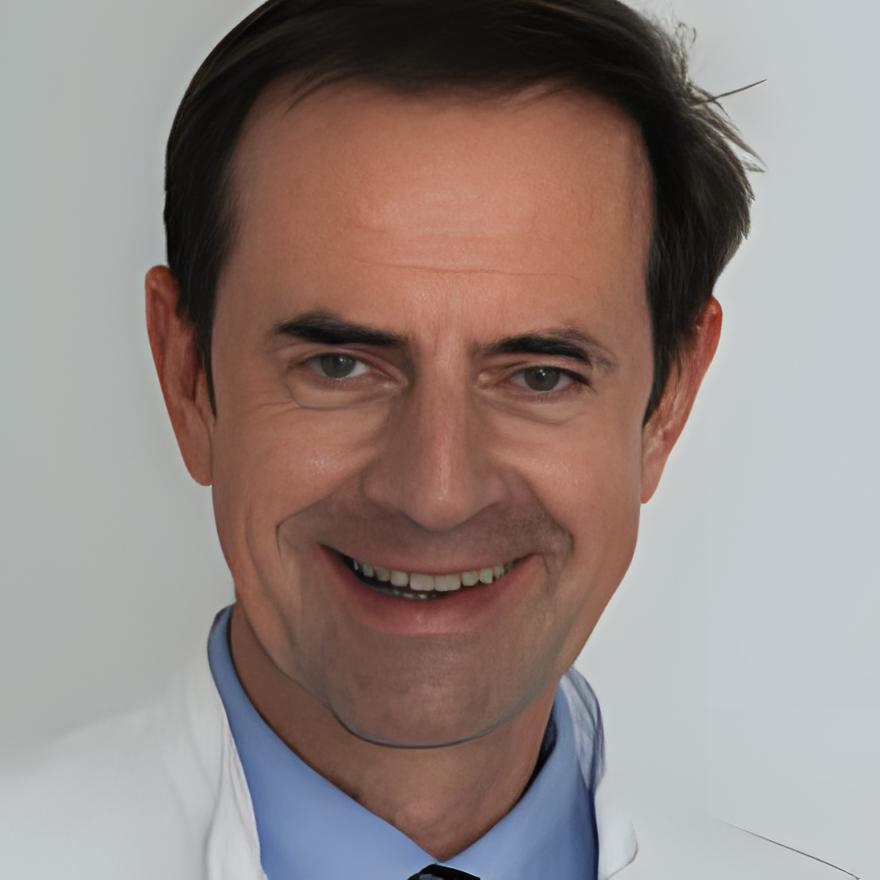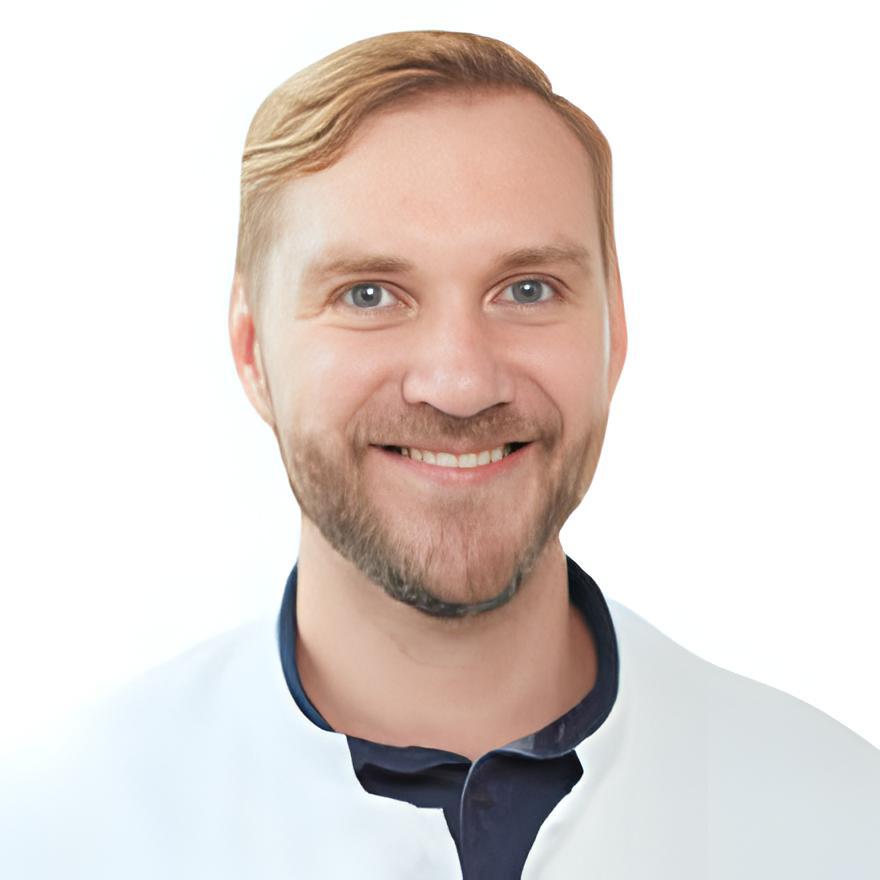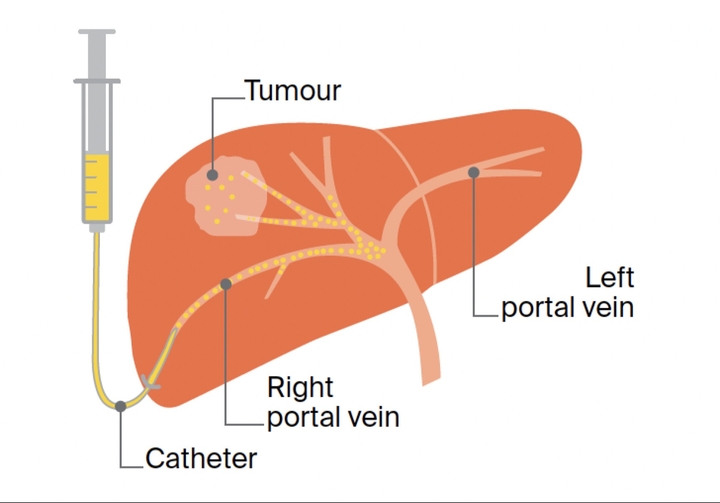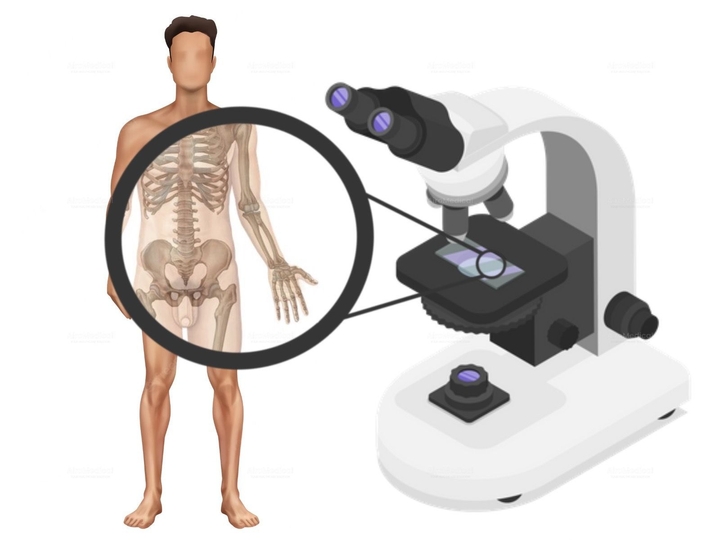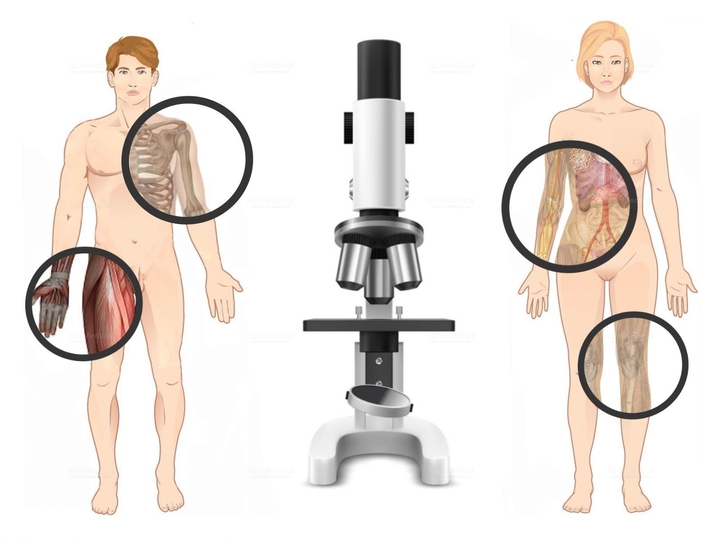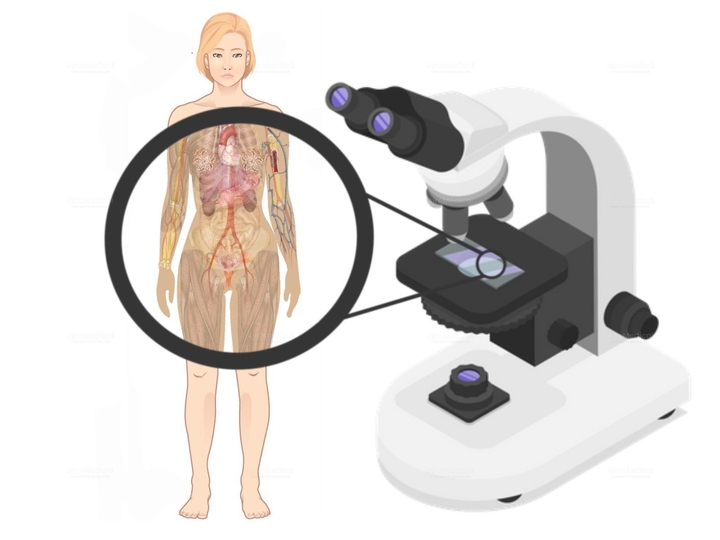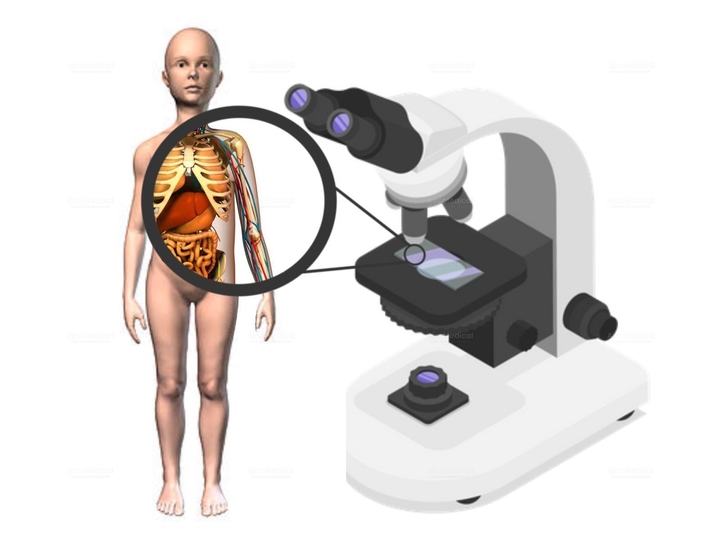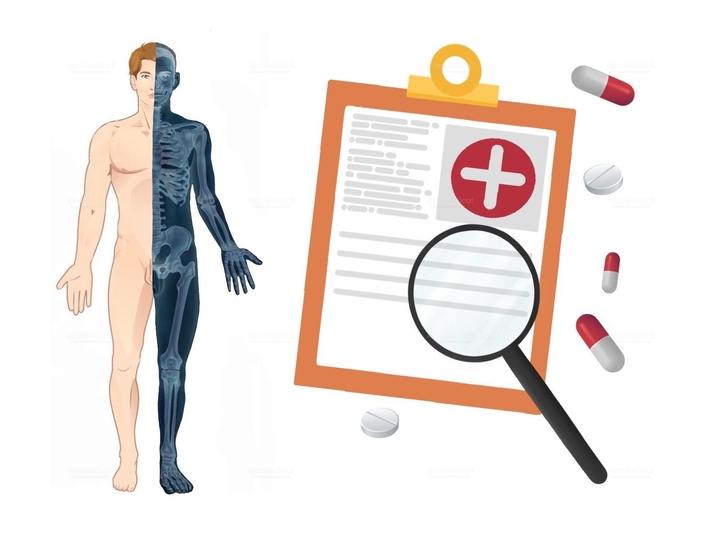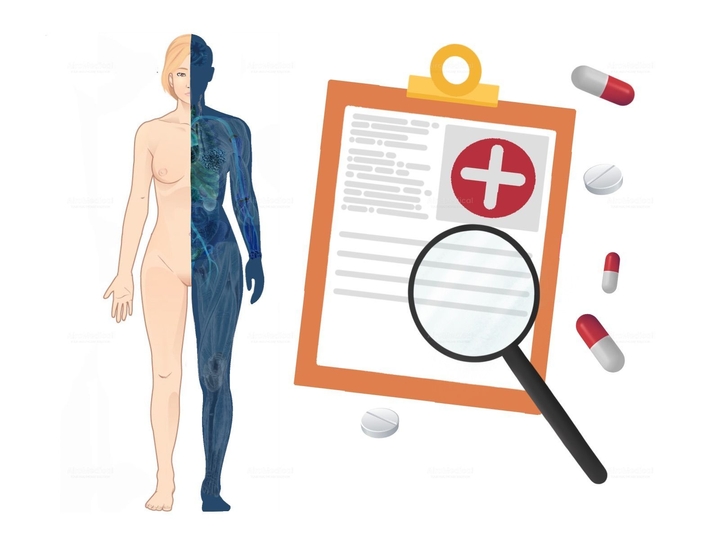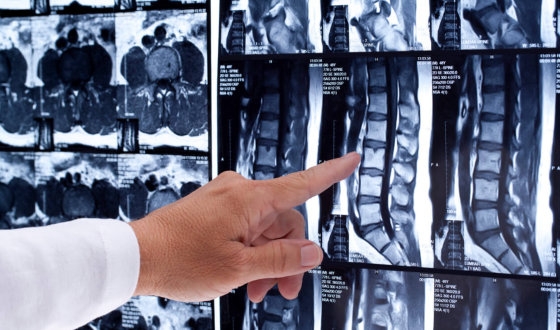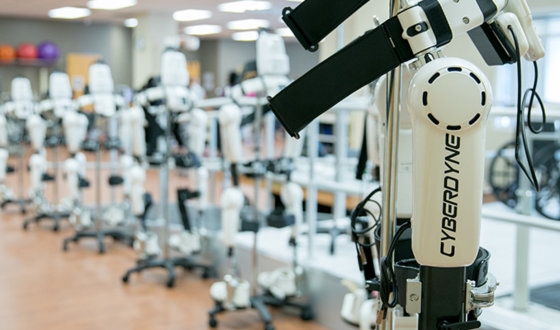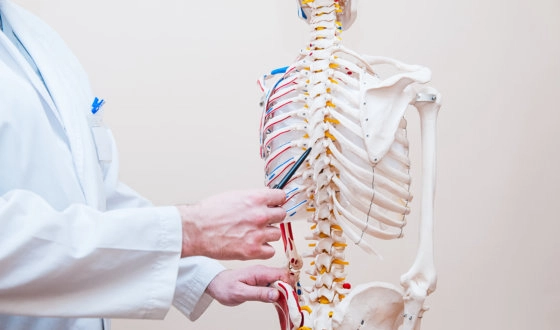Pediatrics (Child Health) Worldwide: Best Hospitals, Doctors, Options, & Cost
Pediatrics isn't just about check-ups and shots. It's about helping kids worldwide grow up healthy, whether it's in the best children's hospitals or a small clinic. This field is built on three main parts.
Firstly, preventive care means stopping sickness before it starts. Secondly, kids need special care because they're not just small adults. In 2019, sadly, 5.2 million kids under age 5 died, mostly from causes that could be stopped. This highlights the importance of qualified pediatricians in children's hospitals. Finally, child advocacy: whether based in hospitals, pediatric doctors fight to help keep kids healthy.
So, whether practiced in children's hospitals or clinics, pediatrics is about much more than treating sickness. It's about helping kids stay well and grow up strong everywhere.
Best children's hospitals
Selecting the best pediatric hospitals worldwide
Choosing a pediatric hospital requires careful analysis and evaluation. Take note of the clinic's standing, doctors' qualifications, and the level of safety and comfort. Since children's medicine has unique features, opting for a clinic with famous pediatrics experienced in working with kids and understanding their specific needs is necessary.
Ensure the clinic offers a wide range of services that meet your child's needs. Consider multidisciplinary institutions where you can receive assistance from pediatric surgeons, neurologists, and ophthalmologists. Choosing such centers gives you access to the diagnosis, treatment, and rehabilitation process without leaving the hospital. Observe how the doctors engage with children and ensure the clinic has modern equipment. It guarantees that your child is in safe hands in case of complications.
Don't forget about the economic aspects and accessibility. Use the AiroMedical portal to make the right choice and ensure your child receives high-quality medical care.
Top pediatricians
Hallmarks of the best pediatrician
When choosing a top pediatrician, it's essential to consider their professionalism and willingness to stay in touch with parents. A competent pediatrician understands the importance of continuously improving their skills, even after many years of practice.
It is crucial for the doctor responsible for the baby's health to have extensive experience as a pediatrician. Since babies cannot communicate verbally during their early development stages, an experienced doctor can quickly identify the underlying cause of their crying or fever.
Participating in advanced training and obtaining additional specializations, such as allergology, surgery, and dermatology, are excellent ways to advance professional expertise. Discover the top pediatric doctors at AiroMedical who are rated by a special scoring system to match your need.
Diagnostic tools for children
In children's hospitals, various diagnostic tools are used to understand a child's health and diagnose their conditions. These range from standard physical exams and routine laboratory tests every pediatrician uses for developmental assessments to advanced imaging techniques and genetic testing. They provide critical information that helps doctors determine the best course of treatment.
Latest general diagnostic tests
Here are some examples of diagnostic tools that experienced pediatricians for childhood illnesses and injuries often use:
Some words about the second opinion service. It is a valuable tool for parents navigating complex or rare pediatric health conditions. It allows for confirmation of a diagnosis, exploration of treatment options, and access to specialized expertise, which can all contribute to ensuring your child receives the proper therapy.
More specific pediatric diagnostics
Choosing a clinic with comprehensive diagnostic capabilities in pediatrics is crucial to ensure accurate diagnosis and effective treatment for your child.
It also offers parents peace of mind in knowing they're making informed decisions about their child's healthcare. Many children’s hospitals, particularly those abroad with specialized programs, offer these services, aiding parents in advocating for the best possible care for their children.
Top offers
Advanced treatment solutions in pediatrics
Access to modern options is essential as it allows us to manage pediatric diseases that were once untreatable. Recent medical breakthroughs have revolutionized pediatric care, offering new possibilities for conditions that previously had limited treatment options. These advancements have brought hope and improved outcomes to children, transforming their lives for the better.
New treatment options for kids
Children's hospitals use cutting-edge methods to treat various health problems in children. Some of them are:
Top pediatric hospitals in the world are using robot-assisted surgery to fix heart problems in infants. This new way of doing surgery is exact and less invasive, which can help children recover better and faster.
These treatments illustrate the advancements in pediatrics. Improving symptoms and quality of life offers hope for even more effective future treatments in children’s hospitals.
Treatment cost & budget
Pediatrics€1,506 - 33,178
Advantages of medical travel
Embarking on a medical journey for pediatrics can have numerous advantages. Through the AiroMedical platform, families can access top-rated children's hospitals worldwide, each specializing in child healthcare and offering state-of-the-art treatments from pediatricians for special needs children that may not be available in their home country.
The benefits of medical tourism for pediatrics with AiroMedical
Exploring medical travel options with AiroMedical ensures excellent service, personalized care, and a focus on your child's well-being. We can choose among the best children's hospitals in the world.
Are you ready to embark on this journey for your child's health? We're here to help. Make a request today to get started.
How AiroMedical can help you
Read more in our blogs
FAQ
Who are the best doctors for Pediatrics?
Prof. Dr. med. Armin Grubl from
University Hospital Rechts der Isar Munich
Prof. Dr. med. Klaus Dietrich Wolff from
University Hospital Rechts der Isar Munich
Prof. Dr. med. Mathias Maier from
University Hospital Rechts der Isar Munich
Prof. Dr. med. sci. nat. Christoph Klein from
University Hospital Ludwig-Maximilians Munich
Dr. med. Holger Blasing from
Park Clinic Weissensee Berlin








